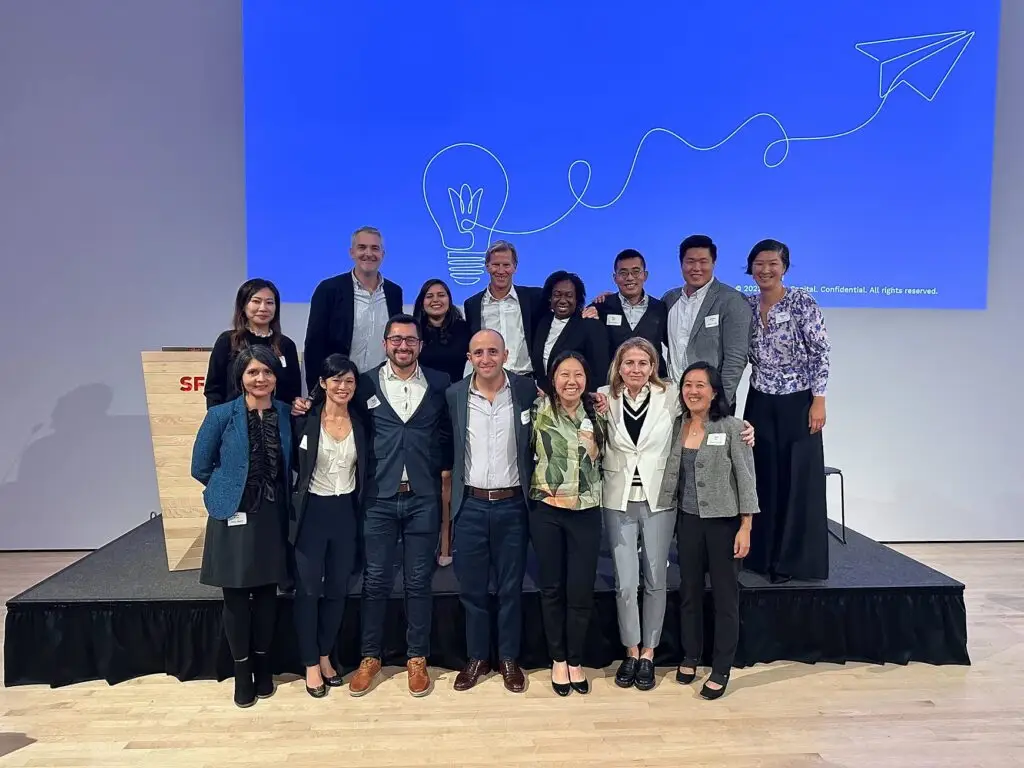
During the pandemic, educational technology gained immense popularity. However, as lockdowns eased and the majority of students resumed in-person learning, investor attention towards this category decreased to levels seen before 2020. According to data from PitchBook, the education technology sector has only raised $1.6 billion from 206 deals this year. At this rate, investors are projected to raise only a fraction of the $17.2 billion raised from 1,770 deals in 2021.
Despite a significant slowdown in the sector, Reach Capital, one of the leading venture capital firms focused on educational technology, has raised its largest fund to date.
On Monday, the San Francisco-based firm announced that it had closed a $215 million fourth fund that would invest in seed through Series B rounds in companies serving K-12 classrooms, higher education, workforce training, and reskilling. Esteban Sosnik, Reach’s co-founder and partner, stated that despite the downturn, the fundraising process was not more challenging than that of their third fund, which raised $165 million in 2021. He also noted that the firm’s first two funds had produced positive outcomes, which was advantageous.
According to the most recent PitchBook Benchmarks, Reach Capital’s second fund, which raised $83 million, delivered a return of 51.8%, putting it in the top-performing decile for the 2018 vintage.
Co-founder and partner, Wayee Chu, noted that the majority of limited partners (LPs) from Reach’s previous funds also invested in this latest fund. In addition, the firm attracted new LPs, including impact investor Impact Engine. Ander Iruretagoyena, a vice president at Impact Engine, stated that the firm had been seeking to invest in an education-focused venture capital fund for some time, and Reach’s performance and positive impact differentiated it from other edtech funds.
According to Axios, Reach Capital has supported several prominent edtech companies, including ClassDojo, Outschool, and Lovevery, a toy subscription firm that intends to go public within the next two to three years.
With its fourth fund, Reach will continue to invest mainly in seed and Series A startups, leading those rounds and securing board positions.
Although the pace of digitalization in schools has slowed since the pandemic, it remains a significant trend amid teacher shortages in United States classrooms, where many believe that technology tools can help bridge the gap.
As generative AI threatens to displace numerous white-collar jobs, Reach Capital may now see the greatest potential in workforce retraining across various industries. While generative AI firms may appear to be a threat to employees who may be at risk of losing their positions, the new technology will inevitably play a crucial role in education. As a result, the company is receiving numerous inbound pitches from AI startups.
According to Wayee Chu, Reach’s co-founder and partner, “In many cases, [these companies] are technologies in search of a solution.” Nonetheless, Reach prefers to invest in firms that begin with a problem and use the most suitable technology to create a solution, rather than putting the cart before the horse.
Despite the fact that Reach is still evaluating potential AI investments, the firm can already boast of a significant portfolio company in this field. Replit, which recently teamed up with Google to compete against Microsoft and OpenAI’s code-writing tool Copilot, has been part of Reach’s portfolio since 2018.
About Reach Capital
Founded in 2015, Reach Capital is a venture capital investment firm headquartered in San Francisco, California. The firm prefers to invest in seed, early-stage, and later-stage companies operating in the consumer services, software, and education technology sectors based in the United States.


